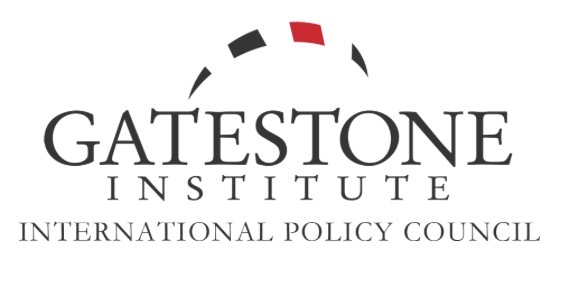Ranked Choice Voting is Bad News!
Advocates are pushing Ranked-Choice Voting at nearly every local and state level. Why? Proponents claim that Ranked-Choice Voting allows voters to express their preferences for multiple candidates and ensures that the ultimate winner is the candidate with the most overall support rather than just the one with the most first-choice votes. While this may sound nice in theory, in practice, it’s a scheme allowing candidates with a minority of voter support to win through mathematical technicalities. Here's what you need to know about how Ranked-Choice Voting really works and the dangers it brings.









